So exactly what does it mean to identify one's self as a pacifist? Let me begin by saying that I do not speak for all pacifists, nor does any insensitive pacifist speak for me. I intend only to provide clarity where there is confusion. I mean to instill calm where there is anxiety. I aim to start conversation where there is silence.
To be honest, I have always disliked the term, "pacifist," for its misleading connotations. Upon hearing the word, most assume that pacifism is synonymous with notions of passivity. As if to suggest that pacifism seems impotent against the tyrannical forces of injustice. For many, pacifism looks idle where appears to lack the energy and the will to combat agents of terror. Still for others at first glance, pacifism appears irresponsible for seemingly permitting violence to exist and occur without any active, open or direct response.
So in an effort to correct such misunderstandings going forward, I propose substituting the term and posture of pacifism with the phrase and attitude of non-violence. I would have much preferred to entitle my blog, "The Single Practitioner of Non-Violence," but "The Single Pacifist" tested better with my focus group :).
Because far from taking a position of passive defense, non-violence goes on the offensive with effective sit-ins, boycotts, and marches as witnessed in the Civil Rights Movement. Rather than being ineffective against oppression, non-violence possesses the power to defeat "invincible" empires as evidenced by Gandhi's victory over the British Empire. Instead of abdicating responsibility, non-violence takes up the charge of securing justice for the oppressed and afflicted as observed in South Africa's effort to repair the damage caused by apartheid.
Finally, I feel it is important to cite the justification behind my choice to believe in and advocate for non-violence. My choice rests not on some idealistic humanism that assumes all people are inherently good, nor depends on some utopian unitarianism that strives for the greatest good for the greatest number of people.
Rather, my choice to embrace the non-violence of pacifism finds validation in the life, death, and resurrection of Jesus Christ. For in his life, Jesus often orchestrated sit-ins with sinners enduring persecution and exclusion, constantly boycotted the Pharisees' edicts and customs. In his death, Jesus defeated both the Roman Empire and our greatest enemy which remains death itself. In his resurrection, Jesus secured the justice God demanded so as to preserve the hope of salvation for all. Thus more than I could ever do, Jesus Christ powerfully demonstrates what pacifism is not.
CJE

